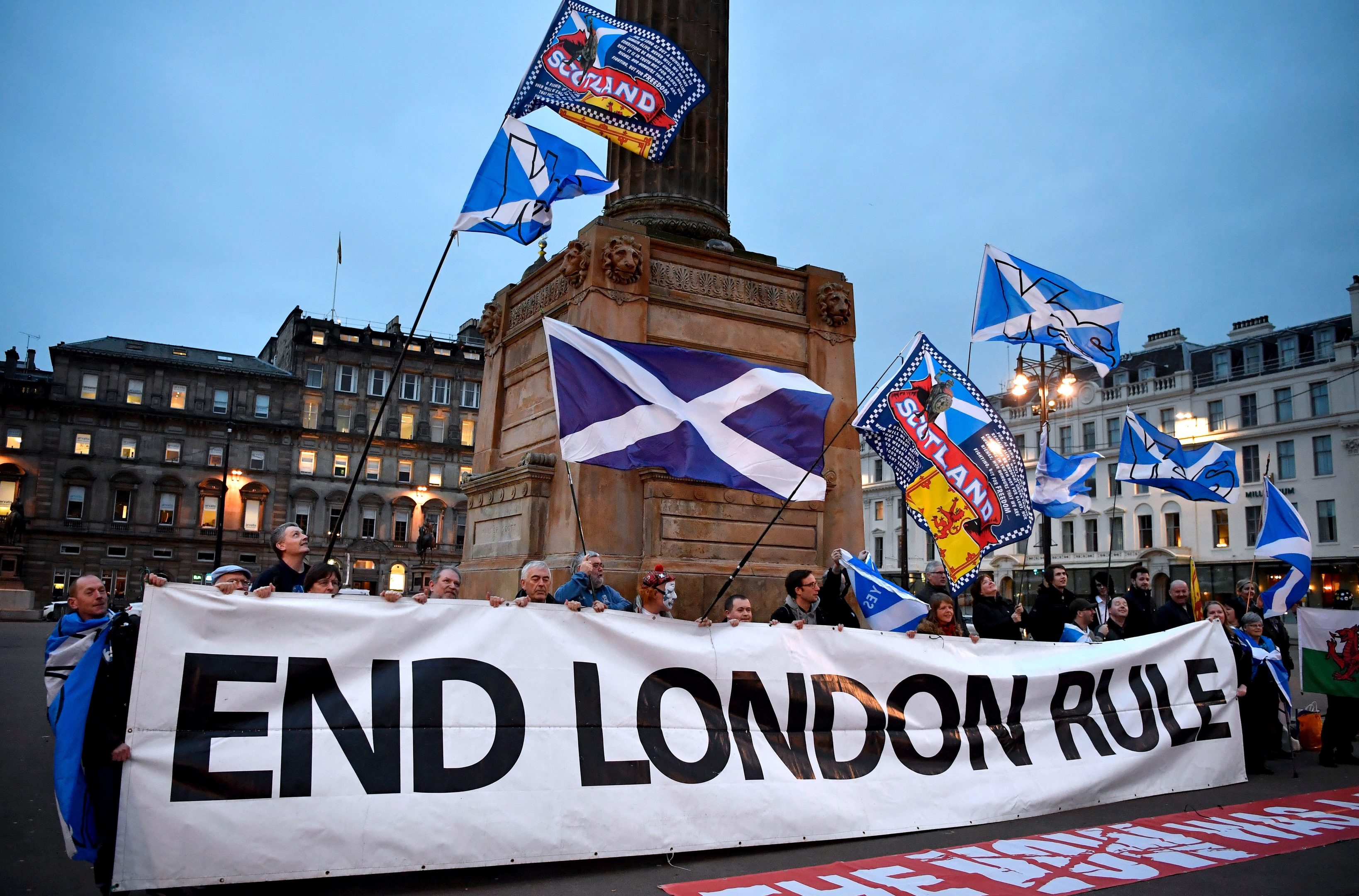Scotland matters in the 2019 UK general election. Yet much of the electorate have little understanding of the place, it’s politics or what could happen after the December 12 election. Scotland could well decide the outcome of the 2019 UK Election. It did in 2017.
At the last election fierce electoral competition between Labour and the Scottish Nationalist Party (SNP) split the vote and allowed 13 Conservative MPs to win Scottish Constituencies. In the 2015 election the Tories only won 1 constituency in Scotland. Without these 13 Scottish Tories, Theresa May would not have been able to form government in 2017.
After Boris was elected leader of the Conservative Party in July 2019, Scottish Conservative Leader Ruth Davidson announced she was standing down from parliament. It was clear that Ruth, and many others in the Scottish Conservatives did not like the direction Boris Johnson would take the Party and the country. Many now believe the Tories will face political annihilation in Scotland on December 12th. If this comes to pass, the Conservatives will need to win 13 other new constituencies to the south just to maintain their current numbers, and many more than that to get the majority the Conservatives seek in this election.
So what is at play in Scotland?
In 2014 a referendum was held in Scotland, asking the Scots if they wanted to become an independent state rather that stay part of the United Kingdom. Scotland voted to stay in the UK with 55% voting No to independence and 44% voting Yes. Case closed, Scotland voted to stay. So thats it right?
Nope.
June 2016, the UK holds a referendum on membership of the European Union. We all know how that referendum result went, 52% voted to leave and 48 voted to remain. Not so in Scotland. In June 2016 62% of Scots voted to remain in the EU, compared with 38% who voted for Brexit.
In the 2014 Scottish independence referendum, membership of the EU was a significant factor in many Scots voting to stay in the UK. Early on in 2014 then President of the European Union Manuel Barroso said with would be “extremely difficult, if not impossible” for an independent Scotland to get the necessary approval from the member states for it to join the European Union (EU).
After the 2016 Brexit result, the SNP wasted no time pointing out that when Scots voted to stay in the UK in 2014, they did so thinking they would be remain a member of the EU. Now that the UK has voted to leave, the SNP claim a second referendum on Scottish independence is now needed.
Since 2007 the SNP have been in government in Scotland. During this period the SNP have actively pushed the independence agenda. While 2014 referendum result was a set back for them, overall the SNP has performed well electorally and built support for Scottish independence.

For all that Boris Johnson, and many others in the Westminster establishment may whinge that Scotland has already had a referendum, the objective fact is that things have changed since 2014. Scotland wanted to remain in the EU, and now is being taken out against its will. Since the Brexit referendum the European Union has now indicated that they would now be much more open to an independent Scotland joining the EU. So in 2014 if you were Scottish and wanted to stay in the EU, your best bet was to vote No to Scottish independence. In 2019, Scottish independence now offers Scots a way to stay in the EU if the rest of Britain leaves.

Labour initially opposed another referendum, but has more recently softened their position saying they would respect a vote of Scots to leave the UK. In turn SNP leader Nicola Sturgeon has said her party would back a Labour Government if they agreed to a second referendum. Nicola would like an independence referendum within a year of forming government. Whereas Jeremy Corbyn has indicated he’d like such a referendum, if it were to happen at all, to occur after the next Scottish Parliament elections in 2021.
The Conservatives in the 2019 election have been saying that electing a Labour government would put at risk the Union of Great Britain.
First point: there is no guarantee a second Scottish referendum would result in Scotland voting to leave the UK.
Second point: if the Conservatives win the coming election, the SNP who are in government in Scotland, could still call an independence referendum. In October 2017 the Catalonia state government in Spain called a referendum on Catalonian independence, and 90% of those that voted supported independence. The Spanish government didn’t recognise the referendum and civil unrest and political instability ensued. The SNP have already indicated they would consider holding a similar referendum, even if not recognised by Westminster after Britain leaves the EU.
Forcing Scots to stay part of the UK against their will would do nothing to “defend the precious union” as Boris Johnson waxes lyrical about on the campaign trail. Many in the UK may not want Scottish independence to happen. But it needs to be accepted that the situation has changed significantly since 2014. If people in Scotland don’t want to be part of Brexit Britain, then this needs to be democratically tested and the result respected.
Whatever happens in next weeks general election – the issue of Scottish independence is not going to go away.
7 thoughts on “Scotland – does independence loom?”